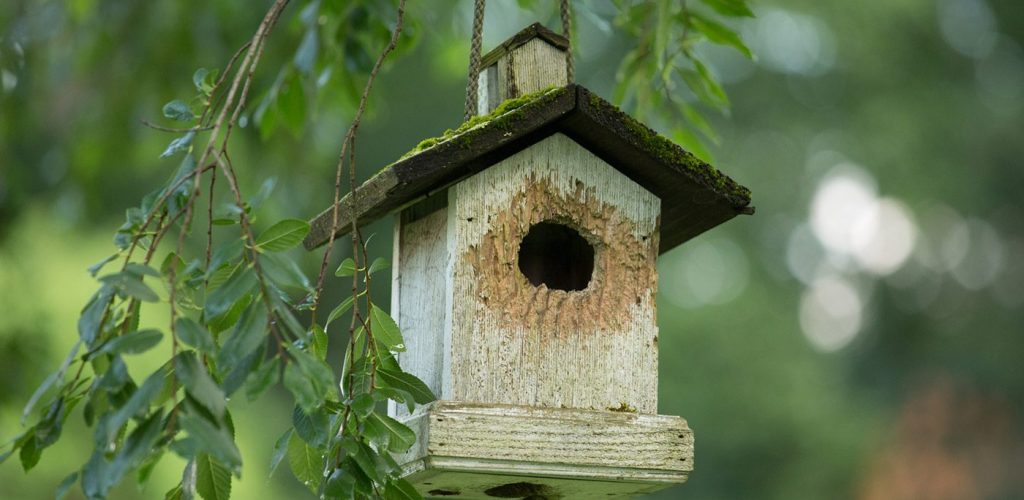Top Three Reasons to Choose Organic Lawn and Plant Care
Have you ever considered organic lawn and plant care? This means trading in synthetic fertilizers, herbicides and pesticides for organic lawn and plant applications (that are less harmful to humans and the environment) and encouraging natural chemical and biological processes to foster plant health on your property. At Glengate, we are always mindful of how the management of your lawn and plants may affect the health of your family and pets, and our shared environment. Our horticulturists are trained and licensed to implement organic care, which we offer to Glengate’s property care clients. Many of our customers have opted for our organic program, enjoying both peace of mind and a beautiful home landscape. If you’re wondering why organic might be the way to go, read on for three major reasons to make the switch—plus how Glengate can help you do it.
1. For your family’s (and your pets’) health

Probably the first and foremost reason many of our clients have changed to Glengate’s organic lawn and plant healthcare program is for the well-being of their families and pets. Studies have shown that some conventional pesticides may be harmful with frequent exposure, causing possible respiratory disease, endocrine system disruption, harm to the nervous system, and even cancer. Children and pets may be at higher risk due to their closer proximity to the ground (ie. a grass lawn where chemicals are used). And pesticides may be tracked inside our homes on shoes and pets who play outside.
2. To Protect Our Wildlife, Especially Pollinators

You’ve most likely heard that our pollinators—especially birds and bees—are in decline. This is concerning for many reasons, but mainly because they are a crucial part of our food economy and our ecosystems’ food webs. According to the National Pesticide Safety Education Center, honey bee pollination adds more than $15 billion in value to U.S. agricultural crops each year. In other words, pollinators are essential in growing our fruits, vegetables and nuts. But some synthetic pesticides used to control other insects can harm bees, even though they aren’t the intended target. They also reduce the number of desirable insects that birds prey upon; this is one reason why researchers believe bird populations are in decline. (a 2019 report led by a Cornell researcher reveals wild bird populations in the continental U.S. and Canada have gone down 30% since 1970; that’s billions of birds).
3. To Protect Our Environment

Synthetic products are also having an effect on our environment. For example, when the excess nitrogen seeps into our groundwater or runs off into waterways, it can cause something called an algae bloom. Some algae is natural, but excessive amounts decompose in a way that depletes water of oxygen—making that body of water uninhabitable to fish and other aquatic organisms. In addition, some weed killers are toxic to aquatic plants that act as buffers between lawns and waterways and stabilize erosion. In short, non-organic fertilizers and pesticides are known to disrupt the delicate balance of our ecosystems.
For our clients who wish to minimize exposure to synthetics and select our organic program, Glengate’s approach is three-fold: we follow an integrated pest management protocol—meaning we target pests and weeds at the optimal time, based on growing and life cycles, for the best possible control and results; our trained and licensed lawn and plant health technicians use OMRI (Organic Materials Review Institute) and NOFA (Northeast Organic Farming Association)-approved products; and we make recommendations on optimizing soil, since a dense, deeply rooted lawn is less susceptible to weeds, disease, and pests.
Making the switch to organic lawn and plant health care isn’t always a perfect process, and there will undoubtably be some weeds or pests during the transition. But we, and our clients who have gone organic, have found it to be absolutely worthwhile—for the well-being of our families and this beautiful part of the world we call home. If you’re interested in hearing more about Glengate’s organic program, give us a call at 203-762-2000 or send us an e-mail at clientmanager@www.glengatecompany.com.




